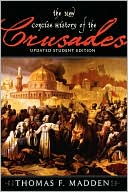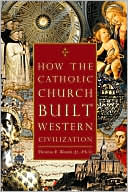Evangel's favorite Narnia passage and one of mine too....
Jill, a young girl, has been transported to another world, and nears a stream to satisfy her thirst—but sees a lion, a lion that frightens her. And then, the lion speaks: “If you’re thirsty, you may drink.”
Anyway, she had seen its lips move this time, and the voice was not like a man’s. It was deeper, wilder, and stronger; a sort of heavy, golden voice. It did not make her any less frightened than she had been before, but it made her frightened in rather a different way.—C. S. Lewis, The Silver Chair
“Are you not thirsty?” said the lion.
“I’m dying of thirst,” said Jill.
“Then drink,” said the lion.
“May I—could I—would you mind going away while I do?” said Jill.
The Lion answered this only by a look and a very low growl. And as Jill gazed at its motionless bulk, she realized that she might as well have asked the whole mountain to move aside for her convenience.
The delicious rippling noise of the stream was driving her nearly frantic.
“Will you promise not to—do anything to me, if I do come?” said Jill.
“I make no promise,” said the Lion.
Jill was so thirsty now that, without noticing it, she had come a step nearer.
“Do you eat girls?” she said.
“I have swallowed up girls and boys, women and men, kings and emperors, cities and realms,” said the Lion. It didn’t say this as if it were boasting, nor as if it were sorry, nor as if it were angry. It just said it.
“I daren’t come and drink,” said Jill.
“Then you will die of thirst,” said the Lion.
“Oh dear!” said Jill, coming another step nearer. “I suppose I must go and look for another stream then.”
“There is no other stream,” said the Lion.

